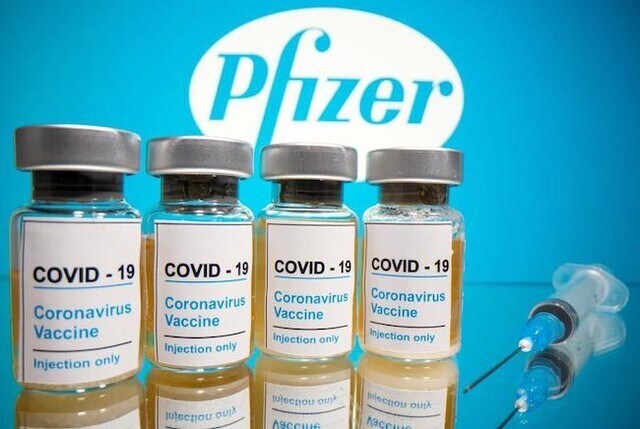Editor:
The COVID-19 vaccination program is truly excellent news and congratulations are due to everyone from front-line health-care workers to the research scientists who have successfully made this possible.
While rightly the earliest vaccination and preventative care efforts should focus on care facilities for the most vulnerable, a major high-impact group is missing in this dialogue.
I can think of a far greater number of elderly and disabled among us that still live at home, often isolated by the necessary public health orders. And while the health authorities may engage with some of these folks through programmed home-care services, the vast majority of our at-risk neighbours are only cared for by family and friends.
Where then is the discussion from Health Minister Adrian Dix, Dr. Bonnie Henry and other public health leaders on how home-bound British Columbians will receive the vaccination as soon as practical. And what about the family and friend caregivers that must go out to take care of our fragile neighbours?
These folks too should be considered informal health-care workers, just unpaid and unrecognized by the public system that seems to prioritize those in formal care over those less recognizable residents who may be at equal or even greater risk. Plus, if these essential family and friends are not part of the earlier vaccination program, what will happen to the elderly and disabled who depend on them if COVID befalls these informal caregivers.
Just think for a moment how many around you are in need of vital care support outside of the formal health-care system. Just lumping all these folks, and their informal caregivers, into the general public order of vaccination priority may become an unfortunate after-thought that could result in lives lost and massive disruption for in home care.
Joe Sulmona, Burnaby



